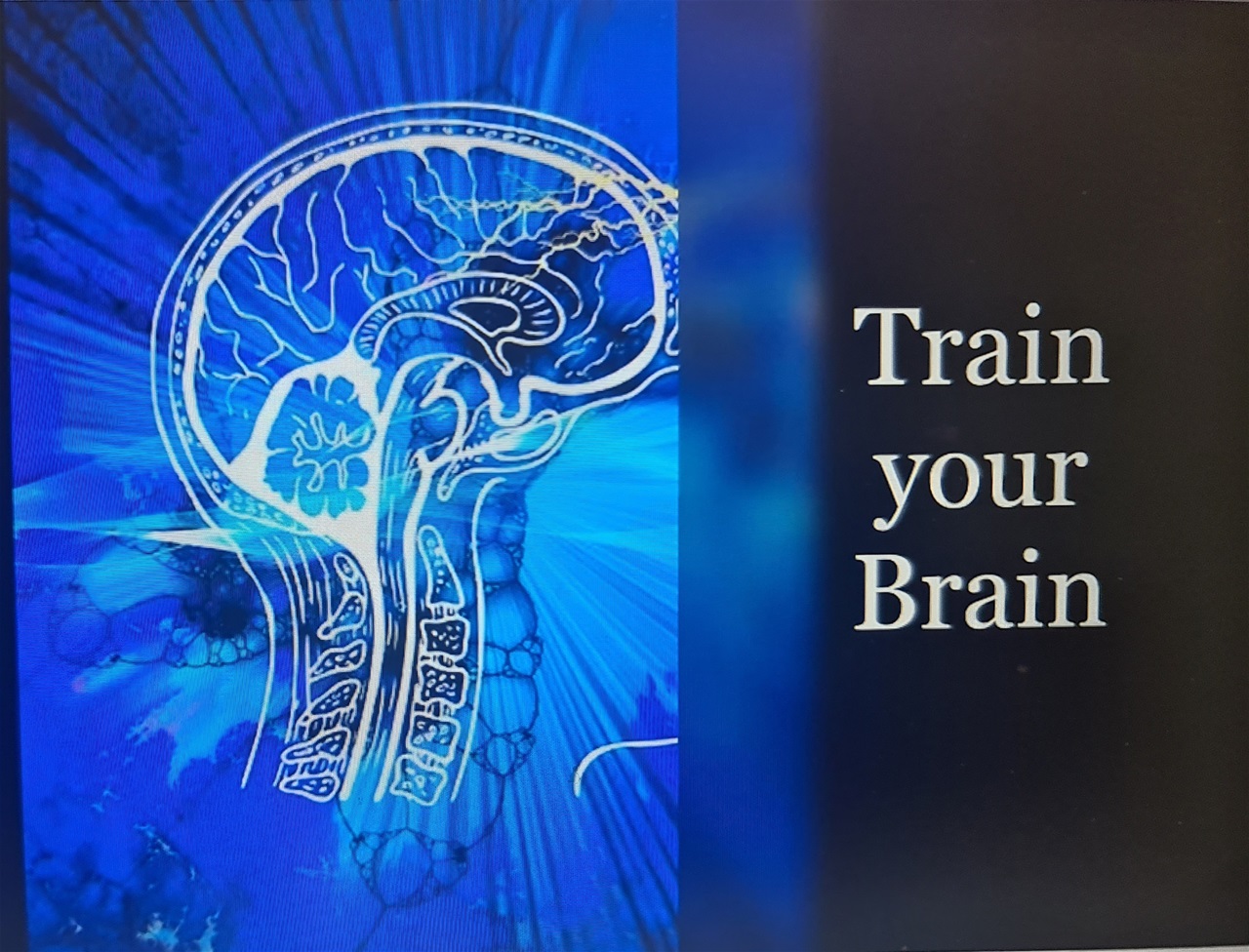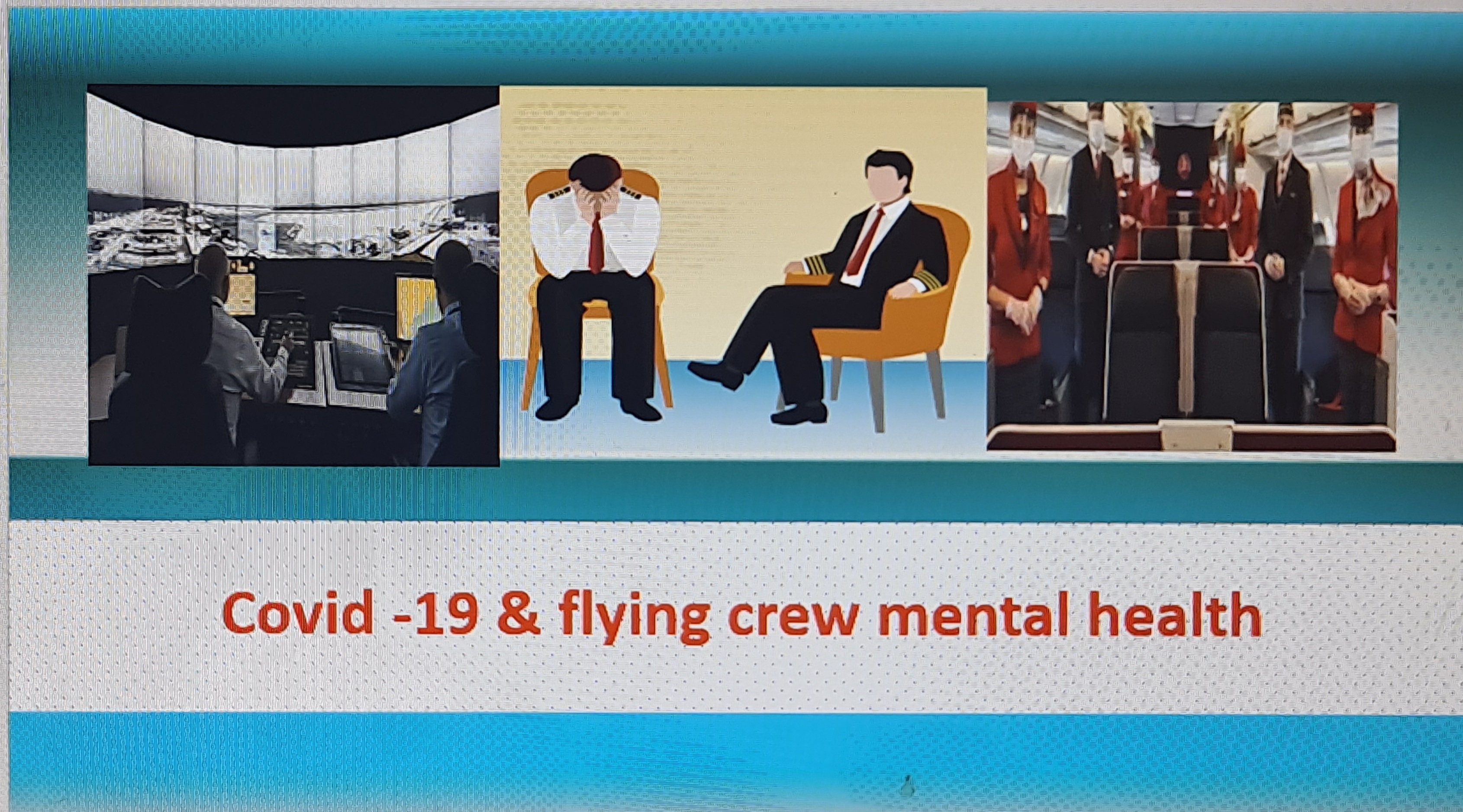
Impact of Covid-19 and Flying Crew Mental Health
This virus was declared a Public Health Emergency of International Concern (PHECIC) in January 2020 and a pandemic in March 2020. There has been a worldwide announcement and implementation of a stringent pandemic response process. The virus has the potential to spread rapidly over the world via air travel, which is one mode of transportation that can carry it from one country to another. This has led to the implementation of air transportation holdups worldwide since then. The epidemic directly affects the airline transportation industry, causing flight cancellations and suspensions. The coronavirus pandemic impacted natively on airlines and increased companies' financial difficulties worldwide. As a result, workers at airlines were given the option of taking a voluntary vacation without pay, joining an early retirement program, or in the worst scenario, obtaining a package for financial assistance and compensation through a laid-off scheme. As a result, flight attendants, pilots, and other employees being laid off and granted unpaid leave are becoming increasingly common.
Airlines employees are concerned about their professional futures and the financial load that will befall them in the future. Therefore, they must learn a new set of skills and emotional intelligence to handle the challenges they face in their new chapter of life. In other words, no one knows what the future holds unless people have a lifelong learning mindset and the correct mentality to adapt to it. Emotional intelligence has been extensively examined by several scholars. When it comes to training employees, Lundberg & Westerman (2020) recommend emphasising attitudes and behaviour development rather than knowledge acquisition. Because one's way of thinking can either lead to positive or negative actions. An airline's business practices during the COVID-19 flight suspension may be influenced by this document. When the organisation has recovered from the pandemic and is back on track, it may use emotional intelligence to improve employee relations inside the organisation. When good or bad things happen in a person's life, they should learn to regulate their emotions and thoughts positively according to the U theory teachings. Flight workers, such as pilots, cabin crew, engineers, and air traffic controllers worldwide, were in a quandary during the COVID-19 pandemic's airline suspension. The airline industry's recent instability necessitated a greater emphasis on flight attendants' emotional intelligence. As the phrase implies, emotional intelligence concerns a person's ability to deal with unexpected situations, identify root causes, and implement solutions consistent with those findings. As the airline's frontline service staff, flight attendants must deal with the high emotional expectations of passengers and the flight suspension from COVID-19, which results in no flight, no work, and no money, all of which adds to their financial load. Because of this, their emotional intelligence or emotional abilities are hurting their capacity to deal with the emotions of high demand passengers and their own problems correspondingly. For the time being, flight attendants would benefit from familiarising themselves with the U-theory and Buddhist beliefs in some countries, such as Thailand, so that they can better manage their own emotions while dealing with the stress of flight suspensions due to the COVID-19 pandemic and so that they can better focus on their own needs and future career goals. There are several benefits to emotional skills, including the ability to effectively manage emotionally disturbed passengers and the ability of employees to cope with excessive requests and unexpected situations. As a final observation, it should be noted that flight attendant stress can be reduced in various ways during flight suspension from COVID-19. The emotional intelligence of flight attendants affected by the flight suspension due to the pandemic scenario around the world is enhanced by applying the U-theory to comprehend others and understand the pandemic issue around the world.
What is U Theory
In contrast, the U theory (Schrmer, 2009) states that the theory aims to reveal the hidden dimensions of society that people encounter regularly.He also proposed the U theory, saying that leaders, people, or groups should use this idea in their lives to deal with irritation or fluctuating circumstances. The U theory emphasises the information gained by cognitive thinking, which focuses on observing, experiencing, and realising knowledge as a form of initiative and creativity that one might exercise. According to the U theory, people's knowledge and creativity come from watching and reflecting on information in a natural flow, which means that they can connect to their deepest inner knowing and then emerge from that inner knowing into practises, as described by Senge and colleagues (2004).
Starting with detecting, predicting, and realising. On the academic and corporate fronts, emotional intelligence has been widely addressed. In contrast, intelligence has been conceived of as an abstract thought process. As a result, intelligence is employed differently by various people. It was also proposed that intelligence is a high level of mental aptitudes, such as the ability to reason abstractly or think abstractly. It has also been stated that one must have an open mind, an open heart, and free will to be a person of high emotional intelligence. The open mind is the intellectual quotient (IQ), the open heart is the emotional quotient (EQ), and the open will is the spiritual quotient (SQ). It has been explained that the purpose of the U theory is to teach individuals not to judge based on their own experiences. Instead, the theory teaches people how to make good use of their analytical thinking, logical reasoning, and problem-solving abilities. As an example of social intelligence, emotional intelligence is the ability to recognise one's own and other people's emotions and use this information to influence one's thoughts and behaviours positively.
References:
- Charernnit,
K. (2021). Flight attendants and emotional intelligence: a case study of Thai Airways
flight attendants. In E3S Web of Conferences (Vol. 244, p.
11019). EDP Sciences.
Comments (0)
Categories
Recent posts

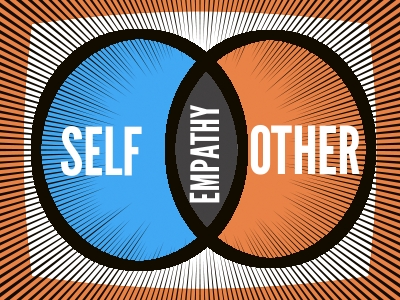
Human Psychology & Empathy
2022/05/24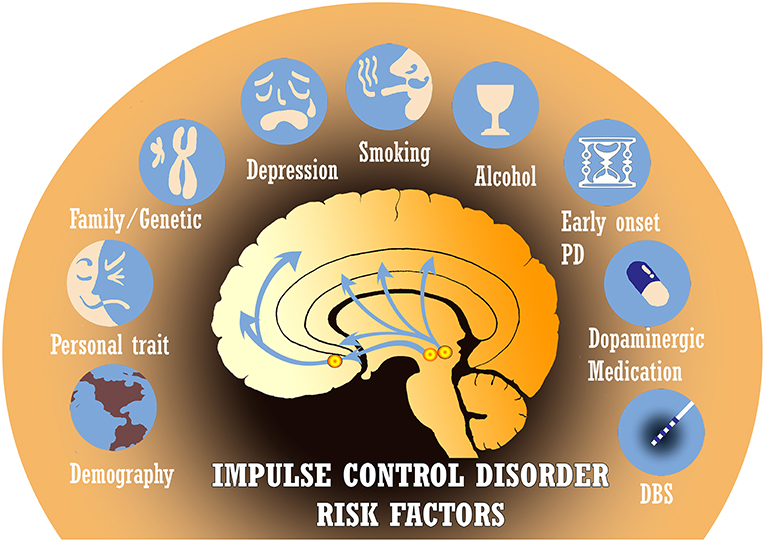
Impulse Control Disorders
2022/05/31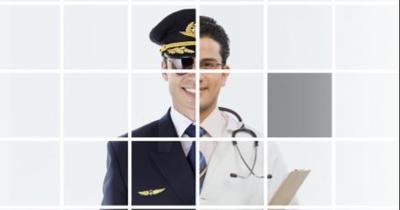
Aviation Industry and Mental Health
2022/04/18